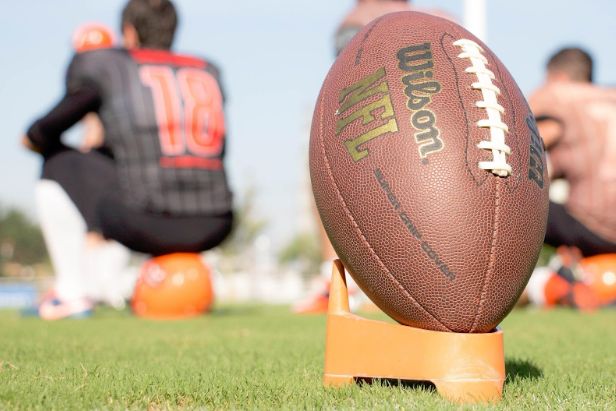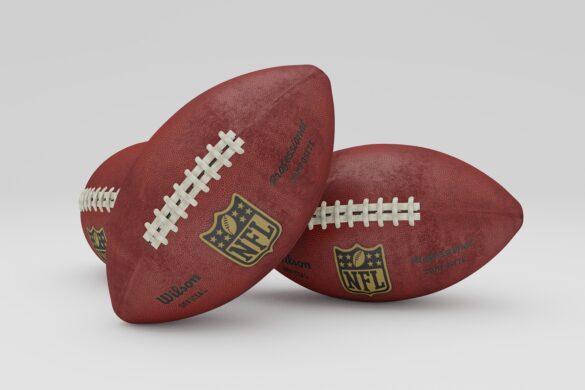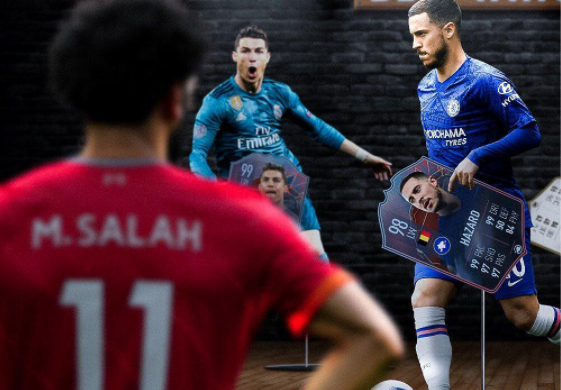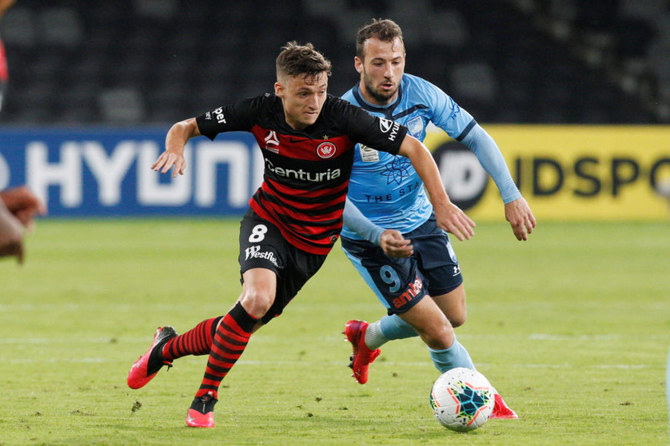 This article delivers evergreen guidance anchored in positional-value analysis, injury-risk insight, mock-draft practice, and strategy frameworks—Zero RB, Robust RB, and their hybrids. It also highlights how these tactics synergize when used with a comprehensive fantasy football draft kit rich in analytics and expert intel.
This article delivers evergreen guidance anchored in positional-value analysis, injury-risk insight, mock-draft practice, and strategy frameworks—Zero RB, Robust RB, and their hybrids. It also highlights how these tactics synergize when used with a comprehensive fantasy football draft kit rich in analytics and expert intel.
1. Positional Value Analysis
An informed understanding of how each position yields fantasy points gives you an edge. Wide receivers, running backs, tight ends, and quarterbacks all fluctuate in point potential. Knowing how scarce top-tier performers are at each position, and how their scoring output trends over a season, lets you prioritize picks strategically. A clear grasp of positional scarcity ensures that your roster construction maximizes opportunity cost, especially in leagues with specific scoring rules.
2. Injury-Risk Assessment
Assessing likelihood of injury based on workload, age, and past history can save you from drafting fragile superstars too early. Some high-ceiling backs face recurring concern: Saquon Barkley and Christian McCaffrey carry significant injury risk, as FantasyPros analysts caution—making them less appealing early in Robust RB approaches where durability is key. Factoring in historical games missed, touches per game, and the nature of injuries helps reduce the risk of losing critical production mid-season.
3. Mock Drafting Practice
Simulating drafts improves decision-making under pressure and helps solidify your plan. Repeated mock drafts expose you to evolving ADP trends, positional runs, bust-avoidance, and let you refine picks before the real draft. FantasyPros and Rotowire both offer robust mock draft simulators to help you rehearse under realistic conditions. By testing multiple strategies in different league formats, you prepare for unexpected draft board scenarios.
4. Zero RB Strategy
Zero RB means foregoing early running backs to load up on other positions before selecting RBs later. FantasyPros defines Zero RB by delaying running back picks until rounds five or six, instead front-loading elite wide receiver, tight end, and quarterback value. In PPR and superflex leagues it shines; early WRs like Ja’Marr Chase, Justin Jefferson, or Brock Bowers become the foundation. Then you target high-upside later RBs, handcuffs, PPR floor players such as Jaylen Warren or Dylan Sampson, or early-season fillers like Najee Harris or Aaron Jones.
5. Robust RB Strategy
Aggressively invest in running backs early to establish a stable RB core before addressing other positions. FantasyPros describes Robust RB as securing three running backs within your first four picks. In 2024, 15 RBs averaged 12.6+ non-PPR fantasy points per game; Saquon averaged 20.1, evidencing RB depth when used correctly. Early picks should favor safe floor backs—Bijan Robinson, Jahmyr Gibbs over injury-prone stars—then fill with workload horses in Rounds 2–4 such as Jonathan Taylor, Josh Jacobs, Joe Mixon, and Alvin Kamara. Mid-round looks to Jordan Mason or Rhamondre Stevenson, and late-round stacking with handcuffs like Isaac Guerendo (ADP 145.5, RB46) to capture upside.
6. Flexible Hybrid Builds
Combining Hero RB, Dual RB, or Zero RB frameworks yields balance between stability and upside. FantasyPros experts Andrew Erickson and Tom Strachan note that 2025 gifts the opportunity for Hero RB or Dual RB starts—grab one elite running back early such as Jahmyr Gibbs, Bijan Robinson, or Bucky Irving, then pivot to wide receivers and swing back to later RBs. This respects both supply volatility at RB and upside at WR, offering flexibility in roster construction without sacrificing depth.
7. Using a FantasyPros-Backed Draft Kit
Leverage tools like the Rotowire Fantasy Football Draft Kit to power your strategy with data. A comprehensive fantasy football draft kit provides expert rankings, customizable cheat sheets for PPR, Standard, and Half-PPR scoring, mock draft simulators with league settings, auction-value calculators, depth charts, ADP reports, point projections, and real-time news. These analytics and expert insights sharpen Zero RB, Robust RB, or hybrid strategies—in essence, they become even more powerful when paired with tools available in a comprehensive fantasy football draft kit.
8. Understanding ADP & Tiering
Analyzing average draft position helps you identify value and avoid reaching. Monitoring ADP helps you anticipate when players will fall. FantasyPros’ ADP data revealed that in 2024 several top-24 RBs had ADP in Round 5 or later—like Chase Brown, Bucky Irving, and D’Andre Swift—making Zero RB feasible if combined with strong WR, TE, and QB cores. Recognizing tier drop-offs allows you to pivot positions before the player pool thins out.
9. Risk Management via Handcuffs
Having backups ready can protect against sudden RB injuries mid-season. Mistakes happen, but preparing with a fifth or sixth RB later such as Isaac Guerendo offers coverage in Robust RB builds. In Zero RB, securing handcuffs like Zach Charbonnet for Kenneth Walker III covers injury gaps, with Charbonnet managing 17.6 half-PPR points per game when starting. This approach ensures your roster remains competitive even in high-attrition scenarios.
10. Continuous In-Season Adaptation
Draft day isn’t the finish line—monitor trends and trade markets through the season. A fantasy football draft kit often includes live news, depth-chart shifts, injury reports, and waiver alerts. Staying nimble means you can pivot—trading a flex-star for an injured starter or scooping up emerging breakout talent off waivers. Reacting quickly to changes can be the difference between a playoff push and an early exit.



